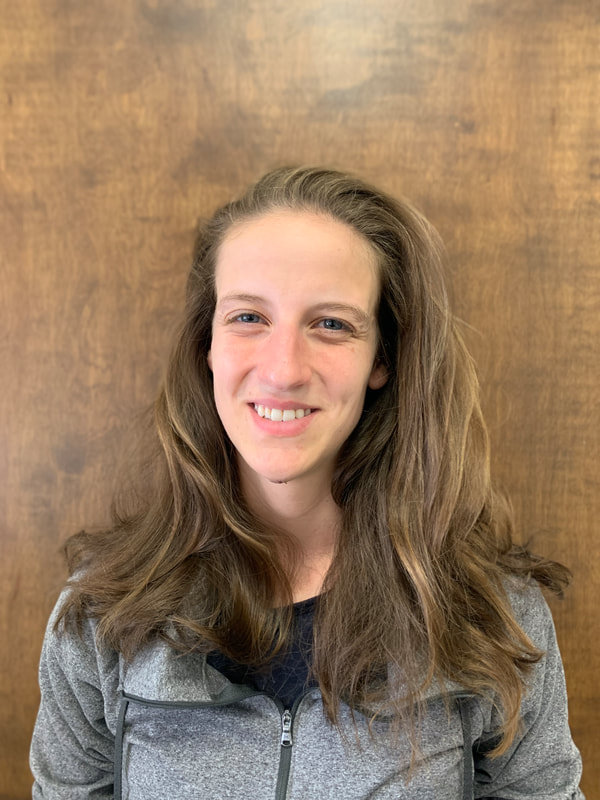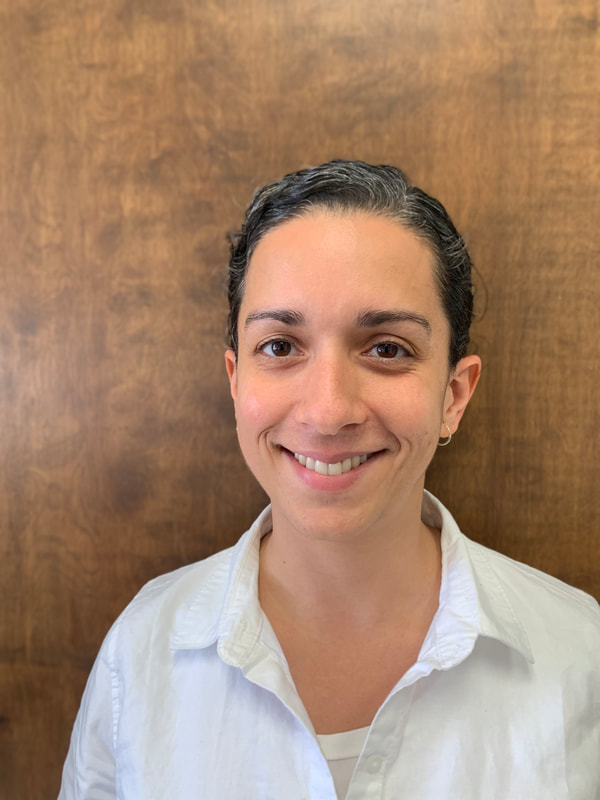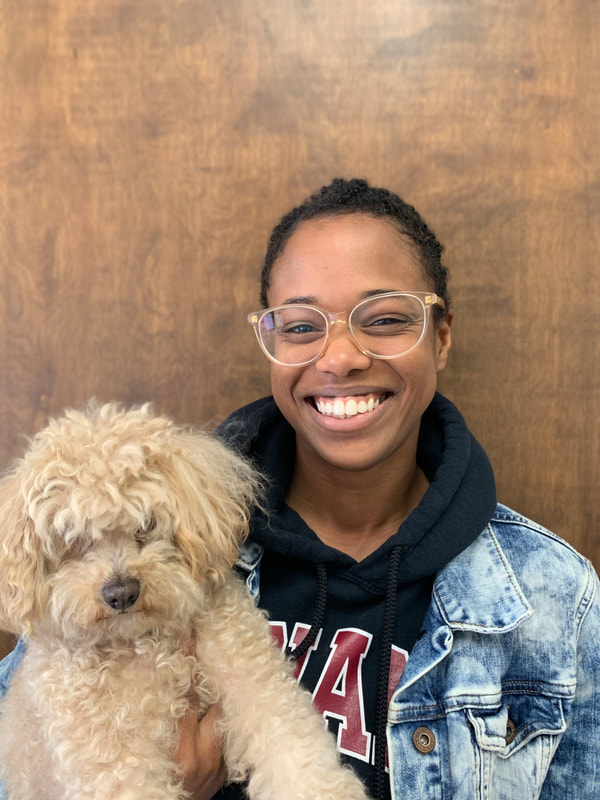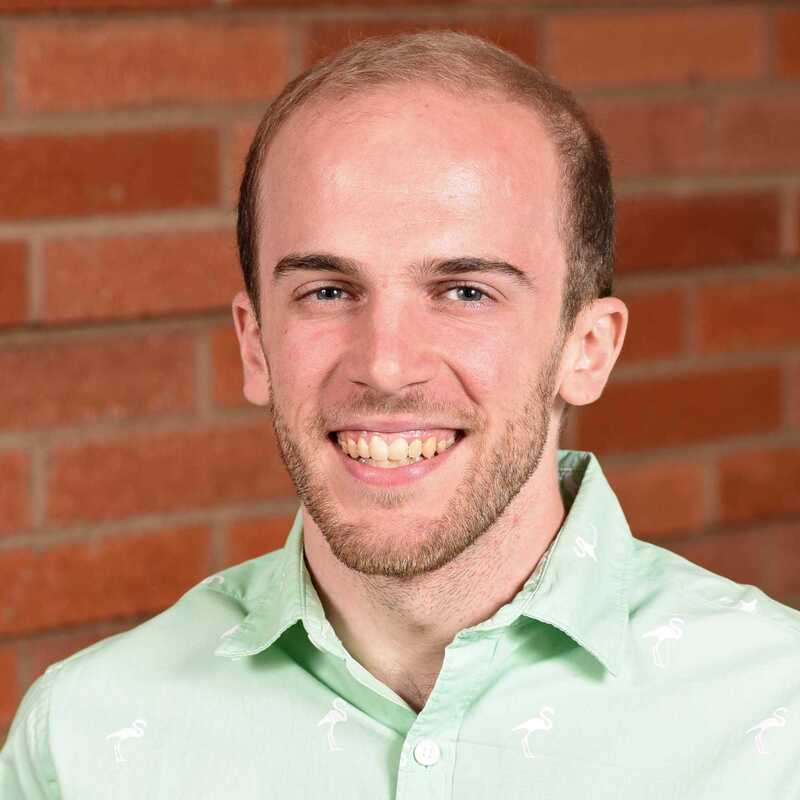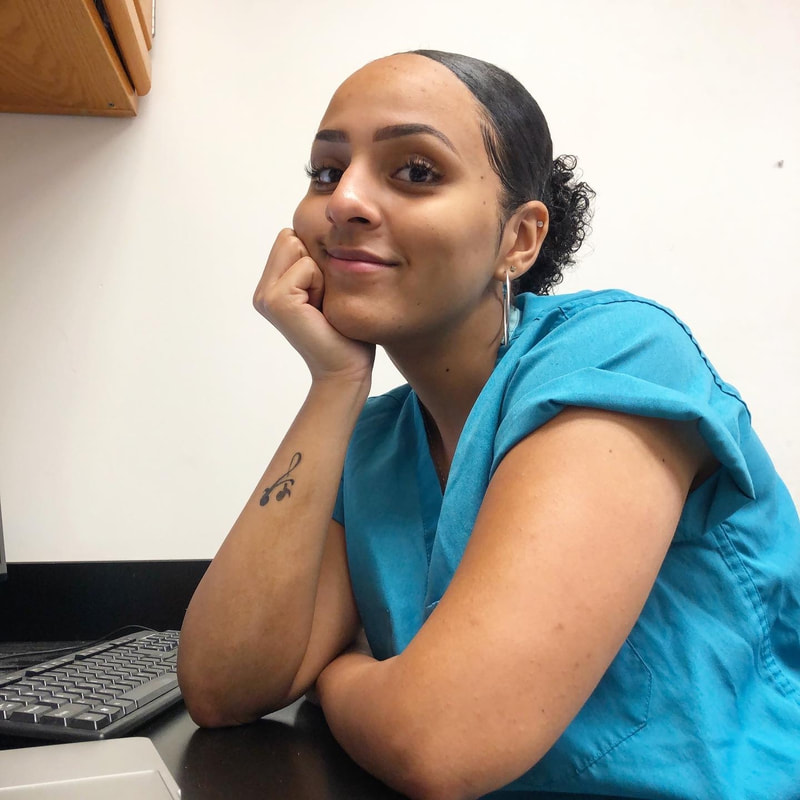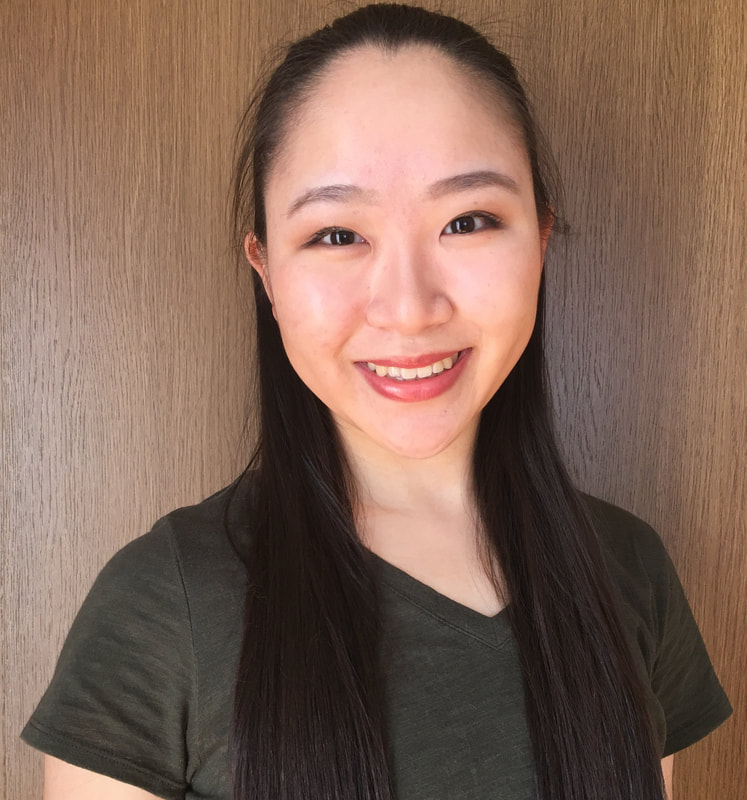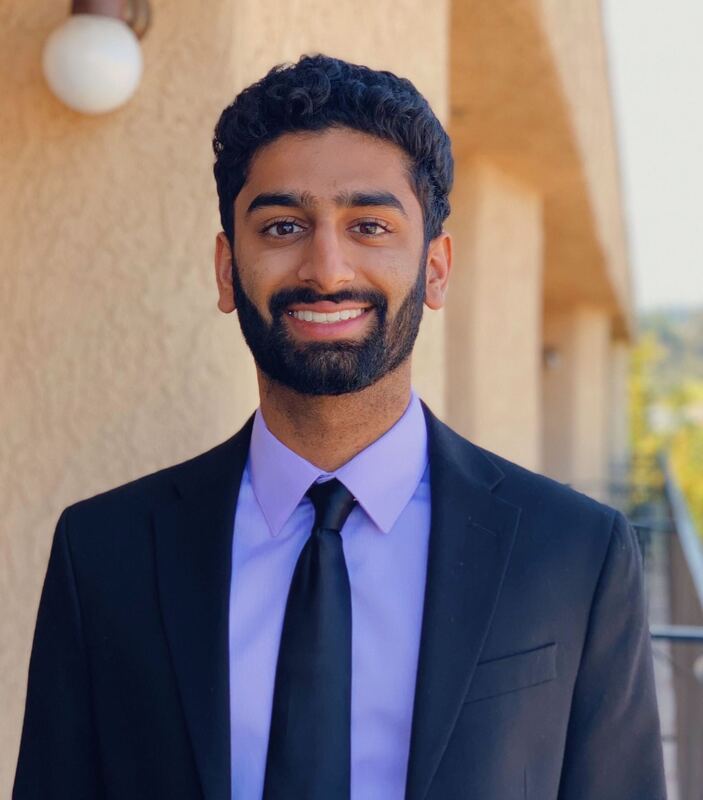Meet our lab members!
Dr. Gina R. Poe, Ph.D
Dr. Poe waded though 12 stressful and sleepless finals weeks to earn her BA in Human Biology at Stanford University only to fail at waitressing in a department store lunch room. Thankfully Dr. Poe landed a minimum wage job as a research technician at the VA Sepulveda with Barry Sterman for two years studying test pilot brainwaves before getting arm-twisted to apply to a PhD program in Neuroscience at UCLA. There she was shocked to find that she would be paid to go to school and to discover new things with the wonderful researchers in the laboratory of Ron Harper. Gina and her colleagues tested a new coherent fiber optic imaging system that measured neural activity from subcortical areas and discovered that the emotional circuit limbic structure of the hippocampus becomes highly active in the seconds preceding spontaneous sighs and apneas during sleep - perhaps explaining why people hold their breath in central apneas during sleep. After camping, conferences, earthquakes, a riot, and her dissertation defense, Gina moved to the University of Arizona to work with Carol Barnes on memory problems that sometime come with aging. She also joined Bruce McNaughton and Jim Knierim to send 4 rats into space on the NASA Neurolab space shuttle mission to test the adaptability of our hippocampal map to the 3D world of weightlessness. Both of those cool projects were ways to pay the bills so she could work on her secret passion project testing whether REM sleep served remembering or forgetting (spoiler alert: both!). Her finding that new memories were strengthened while old, consolidated ones were erased from the hippocampus served as the foundational study that launched her independent career. Although 55 universities ignored her application for a faculty position, she was invited by sleep research colleague department chair Jim Krueger to apply for a tenure track faculty position at Washington State University. After adjusting to the fact that she was moving to what amounted as an outpost station on the moon, Gina fell in love with Pullman, WA. In addition to setting up a lab with bright, eager students, she was handed the responsibility of directing the new undergraduate neuroscience degree program and teaching her first full course. Just as she earned her first NIH grant to test whether the switch of REM function from remembering to forgetting was consolidation dependent, her first graduate PhD student, Theresa Bjorness, chose her lab and the discoveries started rolling in. In 2001 love called Dr. Poe to Michigan and another sleep colleague Anesthesiology Department Research Chair recruited her to transfer her lab, grant, and tenure track position to the University of Michigan. Two kids, three PhD students, 5 postdoctoral scholars, four lab moves, three NIH R01 grants and 15 years later, Dr. Poe, lab, family and grants were recruited to UCLA to direct three university programs preparing undergraduates who are underrepresented in the STEM fields. Dr. Poe's laboratory continues to study the mechanisms underlying the role of REM sleep in memory consolidation. Her six talented Ph.D. students and eight stellar undergraduate research assistants are probing how sleep serves to give us insights into difficult problems, processes emotional trauma, consolidates our memories, changes our minds, and cleans our temporary memory storage places to allow new memories form. It is an exciting time in the Poe Sleep and Memory lab as Michelle Fraser discovers how our brain knows what is familiar (and therefore erasable), Yesenia Cabrera discovers whether and how females are variably resilient to the long term effects of traumatic stress, Shantée Ayala Rosario figures out how traumatic experiences are encoded and consolidated, Tania Lugo studies how sleep and learning systems are together impacted by the synaptic remodeling associated with opiate addiction and withdrawal, and Rockelle Guthrie and Ward Pettibone discover how humans and other animals replay experiences across brain regions to gain insights.
|
Michelle is a neuroscience PhD student who joined the Poe lab in 2015. Her research focuses on understanding the systems-level mechanisms occurring during sleep that allow for memory consolidation. She is especially interested in the role of hippocampal interneurons in controlling population dynamics during sleep, and how their activity may be disrupted in psychiatric disease.
|
Yesenia Cabrera is a graduate student in the Neuroscience Interdepartmental PhD program (NSIDP). Her dissertation project is examining sleep-dependent brain activity in the establishment of maladaptive fear learning following a stressor. She is interested in using a multimodal approach, relying on electrophysiological techniques and other peripheral measures to identify neural activity patterns and key sleep features that contribute to memory consolidation deficits in males and naturally cycling female rats.
|
Rockelle is a graduate student at UCLA in the Molecular, Cellular, and Integrative Physiology PhD program. Her project focus is the development of a rodent model for studying insight, and investigating the role of sleep in facilitating gain of insights. She serves on several university committees whose goals are to improve the graduate student experience within the Graduate Programs in Bioscience community, as well as showcase faculty who serve as champions of diversity, equity and inclusion in STEM fields. She is also a very active science communicator as a staff writer for Signal to Noise Magazine and cohost of the science-based podcast Insufficient Facts. Outside of the lab, Rockelle loves being on the mats with her teammates training and competing in Brazilian Jiu Jitsu and hypothesizing ways in which jiu jitsu uniquely aids in learning and memory. Rockelle hopes to have a long research career, allowing her scientific creativity and love for discovery light the way for herself and others.
|
|
Ward is a graduate student in NSIDP. He is interested in how the brain derives meaningful patterns and rules from noisy and sometimes contradictory input, and how sleep may play a role in those processes. He is currently working on the insight project, investigating the role of brainstem nuclei in the acquisition of insight. He has been delighted to find that his proclivity for cobbling together ridiculous contraptions has turned out to be an asset in a behavioral lab, where there are always wires to be soldered, infrared beams to be broken, and reward delivery systems to be programmed.
|
Shantée is a graduate student in the Molecular, Cellular and Integrative Physiology (MCIP) program. Her research interests focus on understanding how traumatic memories are embedded in the brain and how norepinephrine influences cortical brain regions to produce maladaptive stress responses. In the future she would love to be a principal investigator/mentor in a tenure-track position or a researcher in the armed forces. She also does mentorship/creative work through her blog “Science, Failure, and Soul” where she shares other people’s stories to guide individuals toward their career goals.
|
Karine is a fourth year undergraduate at UCLA double majoring in Physiological Science and Anthropology. She is fascinated by the integral role that sleep plays in memory insight and memory formation and she is currently interested in learning about fear extinction in sleep post-trauma. In the future she hopes to attend medical school and go into the healthcare field.
|
|
Vijay Patel is a fourth year neuroscience major, interested in pursuing a career in medicine after his graduation from UCLA. He is interested in the neural mechanisms underlying sleep, as well as learning and memory following exposures to stressful conditions. His current project focuses on neural changes in mice with PTSD phenotypes, and is working as part of a team under Shantée N. Ayala Rosario.
|
Alisilani Alusa is a fourth year undergraduate at UCLA majoring in Neuroscience and minoring in Biomedical Research. She is interested in pursuing medical school and possibly entering an MD-PhD program after graduation. She is particularly intrigued by the changes in sleep traits following fear extincion from PTSD. She is currently working under the guidance of graduate student Yesenia Cabrera with a focus on how the timing of treatment intervention affects sleep characteristics in rodents with PTSD.
|
|

